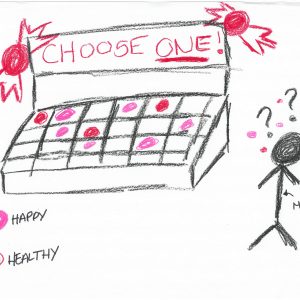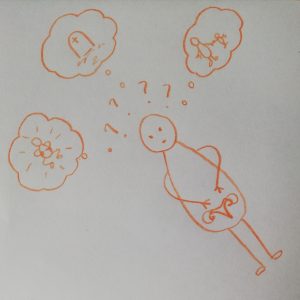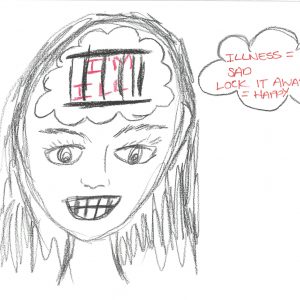
Kidney Disease
Kidney disease means that the kidneys are unable to remove waste products from the body in the normal way. About 10% of people with chronic kidney disease reach a stage of renal failure, where they need dialysis treatment or a transplant to stay alive.
Read more about Kidney Disease
Most people have two kidneys. They have several important functions, including:
- to filter out waste products from the blood, which are passed out of the body as urine
- to help control blood pressure
- to make a hormone which helps create red blood cells and stops anaemia
- to keep a number of salts and chemicals (e.g., sodium, potassium, phosphate and calcium) at the right level in the body.
Kidney disease is very common, with about half of all people over the age of 75 having some degree of kidney disease. It tends to occur earlier and it is also more common in Asian and African communities.
1 in 8 people will develop chronic kidney disease (CKD) over their lifetime. CKD can exist on its own, or in combination with other conditions such as high blood pressure, diabetes or diseases that affect the blood vessels. However, many people don’t know they have CKD as symptoms often don’t show until the disease is at an advanced stage.
Around 10% of people with CKD reach a stage that is known as “established renal failure”, when the kidneys no longer work well enough to keep the body healthy and alive. In this situation, patients usually require either dialysis or a kidney transplant.
Dialysis is an artificial way of removing waste products and unwanted water from the blood. There are two types of dialysis:
- Haemodialysis: blood is washed through a machine either at home or in hospital.
- Peritoneal dialysis: fluid is passed into the abdomen up to four times a day, or overnight at home.
Transplantation is the best treatment for most patients with established renal failure. Donated kidneys come from the national deceased donor pool, or from a living donor. Kidneys from living donors offer the best chance of success and prevent the need to join the national transplant waiting list.
One in three kidney transplants in the UK is now performed from a living donor, either between close family members or between non-blood relatives, including partners and friends.
Patient support: Kidney Care UK
Further information: NHS

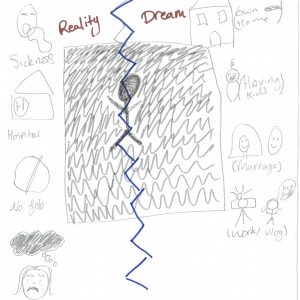
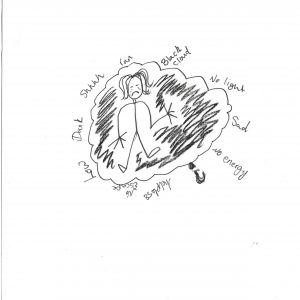
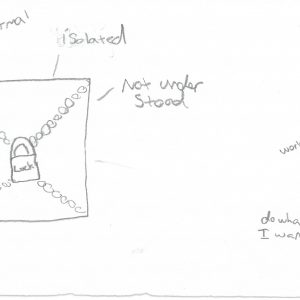
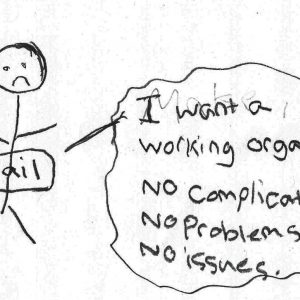
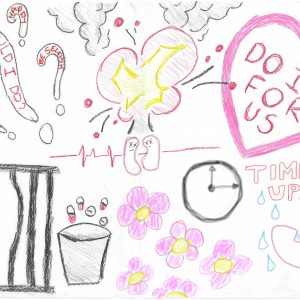
-300x300.jpg)
